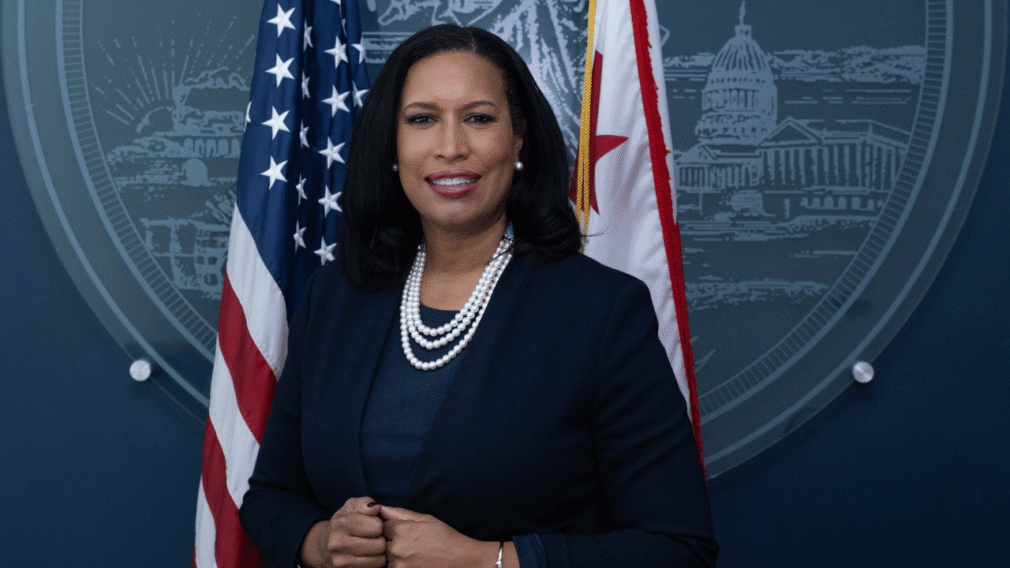Mayor Bowser Revives Plan to Legalize Poker, Blackjack in D.C. Bars and Hotels
Mayor Muriel Bowser has relaunched her effort to legalize poker, blackjack, and commercial bingo in Washington, D.C.Her proposal, formally introduced as the Poker and Blackjack Gaming Authorization Act of 2025 (Council Bill B26-0379), is a core component of her “pro-growth” strategy aimed at bolstering the city’s finances and stimulating local tourism.

The initiative seeks to create new revenue streams to offset potential federal job cuts and inject vitality into the D.C. hotel and entertainment sectors. The proposed games could become legally available in D.C. as early as 2026.
Economic Rationale: Recapturing Revenue and Tourism
Mayor Bowser’s administration argues the legalization plan will strengthen the local economy by recapturing spending currently flowing out of the District.
The plan aims to claw back entertainment spending currently going to neighboring jurisdictions, such as the major casinos in Maryland (e.g., MGM National Harbor) and Virginia.
Legalized table games could position D.C. as a hub for gambling tourism. Proponents believe the city could host unique events like the World Series of Poker, drawing tourists to local hotels and attractions.
The Mayor characterizes the initiative as necessary to make D.C. more “open for business”in the face of economic uncertainty.
Proposed Regulatory Framework
The Act would permit regulated poker and blackjack tournaments in licensed venues, such as bars and hotels. Notably, the games would be accessible to adults aged 18 and older. The proposal also includes expanding commercial bingo operations. The Office of Lottery and Gaming would handle oversight and regulation.
The proposal includes a specific structure for fees and taxation designed to generate revenue:
- Licensing Fees: Operators would pay a application fee for a two-year license, plus for each licensed location.
- Tax Rates: Gross gaming revenue from poker and blackjack would be taxed at 25%, while commercial bingo revenues would face a lower tax rate of 7.5%.
Under the plan, the first collected annually from poker and blackjack would go to the Lottery, Gambling, and Gaming Fund, with the remainder directed to the District’s General Fund. The proposed fiscal year 2026 (FY 2026) budget allocates approximately to create four new regulatory positions within the Office of Lottery and Gaming.
Political and Legal Hurdles Ahead
Despite the economic rationale, Mayor Bowser’s plan faces significant obstacles. The City Council has rejected similar poker and blackjack legalization proposals in previous sessions. The current bill has been intentionally separated from the wider budget bill to ensure focused debate.
A major legal challenge involves the District’s adherence to the 18th-century British Statute of Anne. This antiquated law allows individuals to recover gambling losses exceeding , a provision that has already led to lawsuits against local sports betting operators. The administration is working to address this complex legal issue.
The bill has been referred to the Committee on Business and Economic Development, chaired by Councilmember Kenyan McDuffie, a key supporter of the move. The committee will conduct public hearings, perform cost/revenue modeling, and debate social safeguards before the Council considers the fate of D.C.’s gambling expansion.
Recommended
